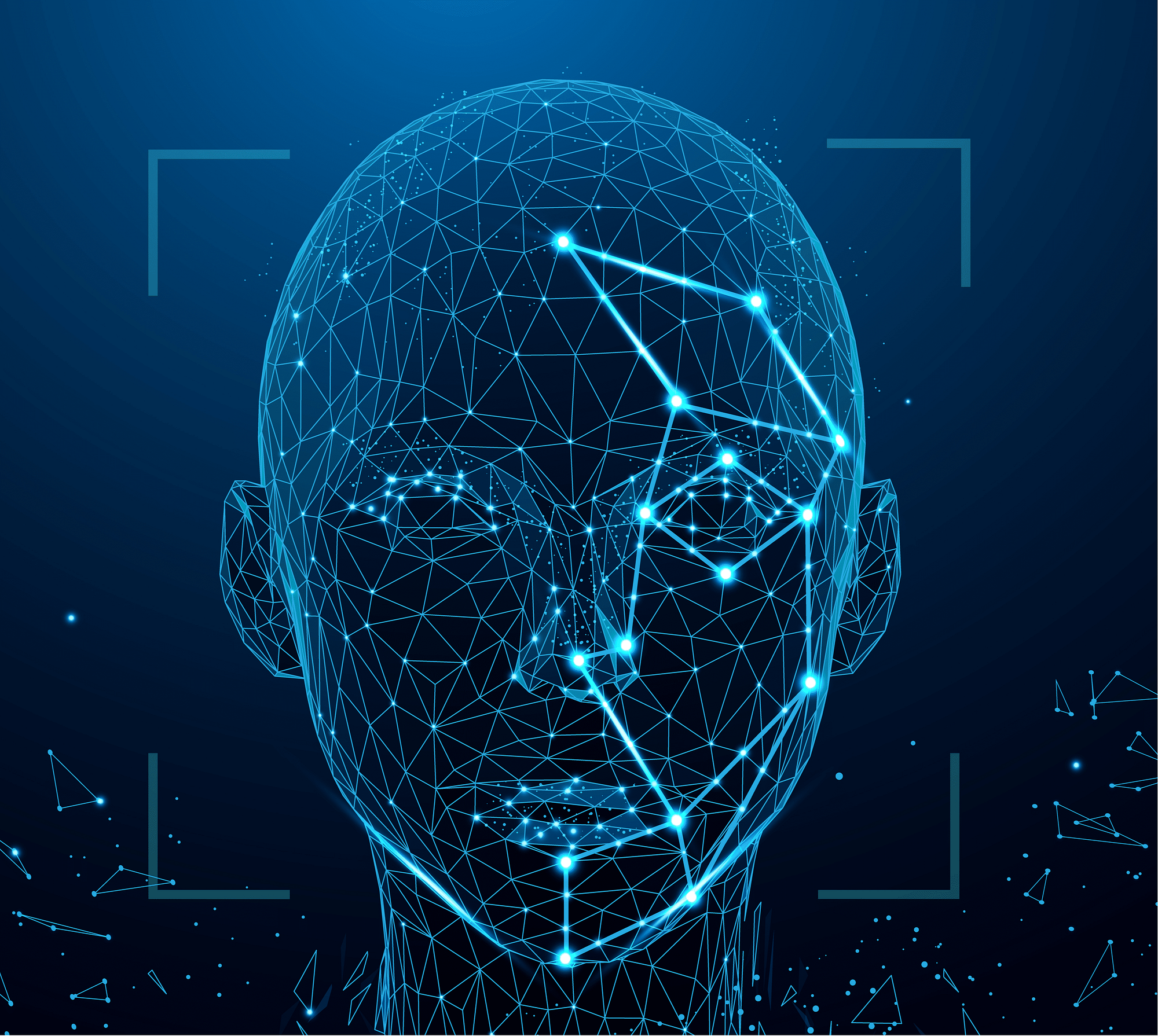Is Your Face Watching You? Exploring the Ethical Implications of Facial Recognition


Hey everyone, let's talk about facial recognition technology. It's pretty cool, right? Like something straight out of a sci-fi movie! We can unlock our phones with our faces, and it helps catch criminals. But what about the ethical side of things? That's what we're gonna dive into today.
The Good, the Bad, and the Privacy Issues
Facial recognition tech has some awesome benefits. It's helping law enforcement track down criminals and find missing persons. Plus, it's making payments and accessing sensitive data more secure. But, and this is a big but, there are some serious concerns about privacy and potential misuse.
Imagine a world where cameras are everywhere, constantly scanning your face and tracking your every move. Kinda creepy, right? This tech could be used for mass surveillance, which is a bit Orwellian, to say the least. And what about data breaches? Our facial data could end up in the wrong hands, leading to identity theft or worse.
Bias: A Real Face-Palm Moment
Another big problem? Bias. Yep, just like humans, AI can be biased too. Since facial recognition algorithms are trained on massive datasets, if those datasets aren't diverse enough, it can lead to inaccurate and discriminatory outcomes. For example, some systems have been found to be less accurate at identifying people with darker skin tones, which is a huge problem.
So, What's the Solution?
First off, we need to talk about it! Having open and honest conversations about the ethical implications of facial recognition technology is crucial. We need to establish clear guidelines and regulations for its use, ensuring privacy and security are paramount.
Secondly, let's tackle that bias head-on. We need to make sure that the datasets used to train these algorithms are diverse and representative of all people. This will help to minimize errors and ensure that the technology is fair and unbiased. [Image: Diverse group of people]
The Future of Facial Recognition
Facial recognition technology is here to stay, and it has the potential to be a powerful tool for good. But we need to proceed with caution, ensuring that it's used ethically and responsibly. By addressing the issues of privacy, bias, and transparency, we can harness the power of this technology while safeguarding our rights and freedoms. After all, nobody wants to live in a dystopian sci-fi movie, right?
So, let's work together to make sure that the future of facial recognition is a bright one, for everyone.





